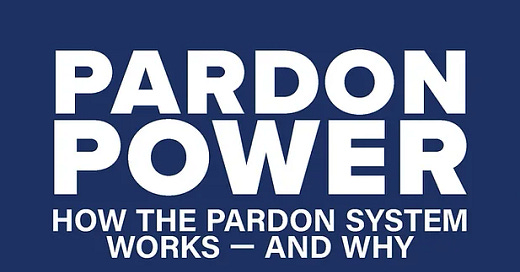The fallacy of so-called "originalism" and why it matters
All judges judge. The difference is that some pretend they don't.
The U.S. Supreme Court is poised to hear some of the most important cases in a generation, arising from the cascade of disturbing legal transgressions by the Trump administration. Like the Court’s decision last summer, which added criminal immunity for presidents to the U.S. Constitution itself, the implications for the country are potentially staggering.
Which is why it’s worth understanding a bit about how the Justices resolve constitutional ambiguities, how the “left” and “right” Justices differ on this subject, and the widespread mythology surrounding so-called “originalism.” The right-wing justices claim that originalism — or its close cousins, "textualism” and the “history and tradition” test — keeps judges from overstepping their constitutional role and ensures that they adhere to the “true” meaning of the Constitution. In reality, the opposite is true.
This newsletter unpacks the constitutional chaos. I hope you share it widely (and if you can, please consider upgrading to paid).
I’m immensely grateful for your support!
Two weeks ago, the Supreme Court rejected Trump’s attempt to renege on paying federal contractors for work that had already been performed. This should not have been a hard case. We’ve all entered into contracts and understand that if we perform the work, we are entitled to be paid. The federal government should be no different.
Yet as I wrote in a guest column for The UnPopulist, the four dissenting justices think differently. If the pro-Trump Justices continue to try to fit square pegs in round holes in service of one man, we can expect more drama on the Court in the coming months.
Why do Supreme Court justices have so much power?
Because the Constitution is inherently ambiguous. When the Supreme Court interprets that ambiguity one way or another, it effectively amends the Constitution. The ways to change that interpretation are by either appointing a new contingent of Justices, or amending the Constitution, which takes supermajorities in both houses of Congress and state legislatures.
Take the Fourth Amendment, for example. It guarantees an individual's right to be free from an unreasonable search and seizure. But what does “reasonable” mean?
Keep reading with a 7-day free trial
Subscribe to Simple Politics with Kim Wehle to keep reading this post and get 7 days of free access to the full post archives.



